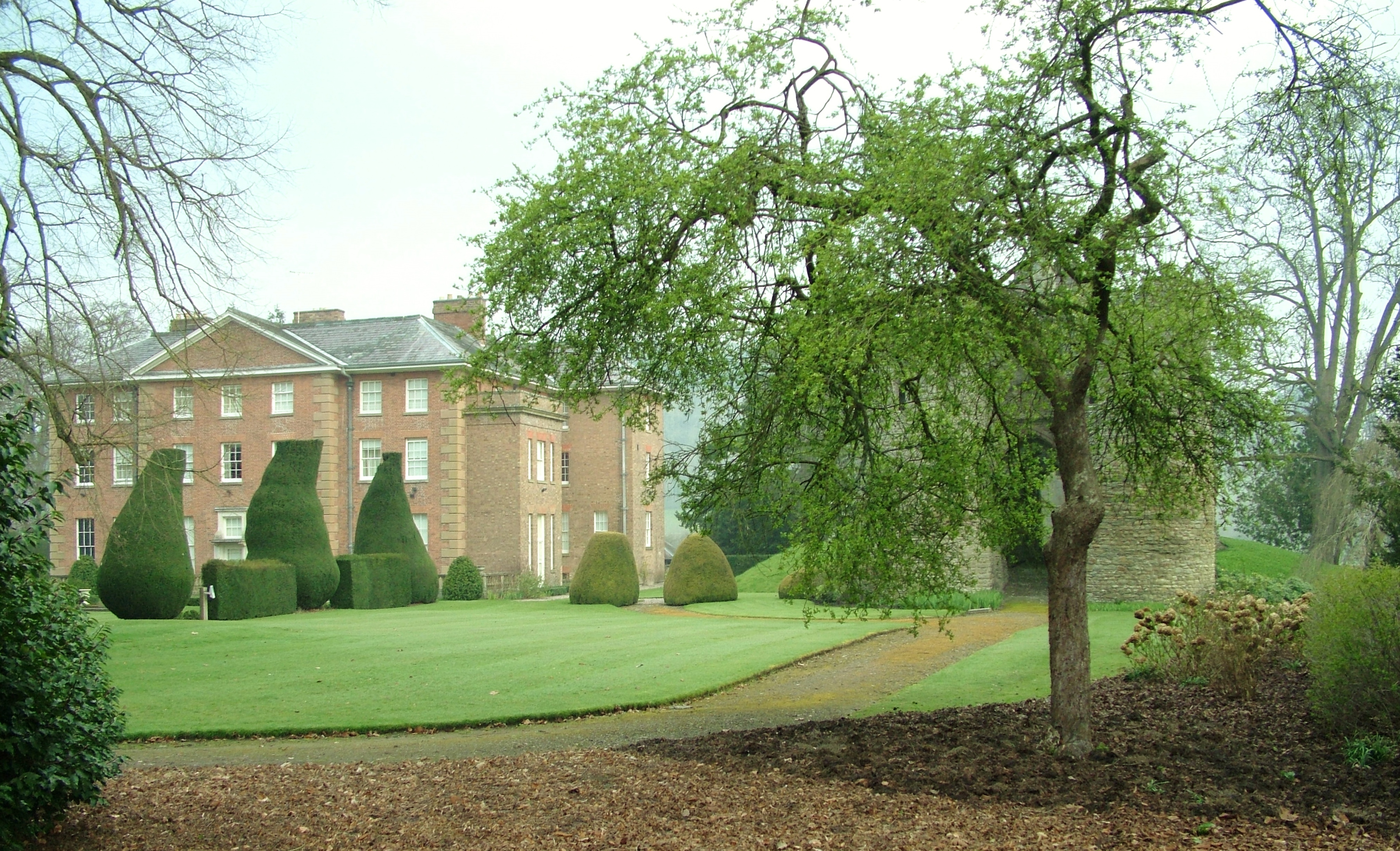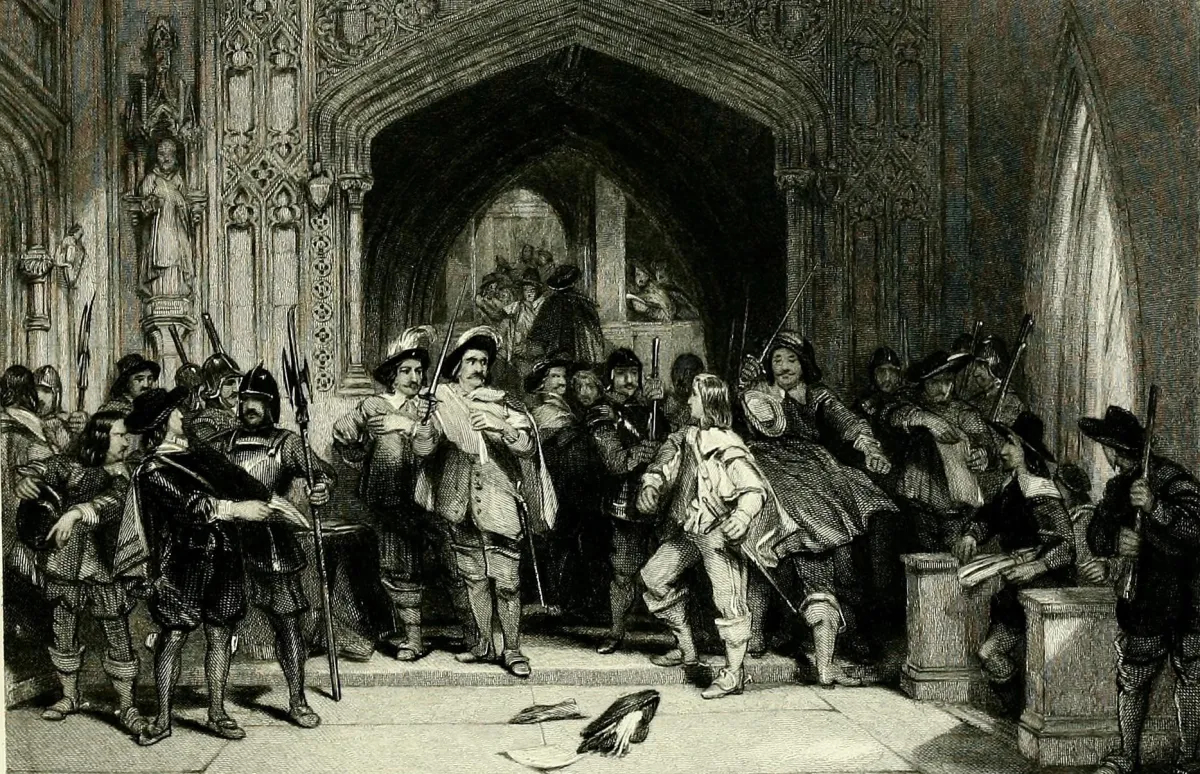Harley, Edward, Sir, 1624-1700
Enlarge text Shrink text- His An humble essay toward the settlement of peace and truth in the church as a certain foundation of lasting union, 1681:(name not given)
- DNB(Harley, Sir Edward, 1624-1700; governor of Dunkirk)
Sir Edward Harley (21 October 1624 – 8 December 1700) was an English politician from Herefordshire. A devout Puritan who fought for Parliament in the First English Civil War, Harley belonged to the moderate Presbyterian faction, which opposed the involvement of the New Model Army in the peace negotiations that followed victory in 1646. Elected MP for Herefordshire in 1646, he was one of the Eleven Members forced into temporary exile by the army in 1647. Harley's refusal to support the Trial of Charles I led to his exclusion from the Long Parliament by Pride's Purge in December 1648, while his opposition to the king's execution in January 1649 meant he played little part in public affairs under the Commonwealth. After the Stuart Restoration in May 1660, he was appointed Deputy lieutenant of Herefordshire, and Governor of Dunkirk, which was occupied by England from 1658 to 1661. However, his strong Presbyterian beliefs meant Harley was never entirely accepted by the new regime, which combined with his preference for local politics meant this was the last significant post he held. Elected MP for New Radnor Boroughs in 1661, he retained this seat until 1679 when he switched back to Herefordshire. During the 1679 to 1681 Exclusion Crisis, he was a prominent advocate of removing the Catholic heir James II from the succession. In the Tory reaction that followed, he lost his local offices and was briefly imprisoned during the 1685 Monmouth Rebellion. In November 1688, he raised a troop of cavalry to fight for William of Orange, and regained his positions after the Glorious Revolution. He continued to attend Parliament where he supported the Whigs, but relinquished his seat in 1695, and died at Brampton Bryan Hall on 8 December 1700. His eldest son Robert, Earl of Oxford (1661-1724), served as Lord High Treasurer in the 1711 to 1713 Tory government.
Read more on Wikipedia >
 Personality
Personality






